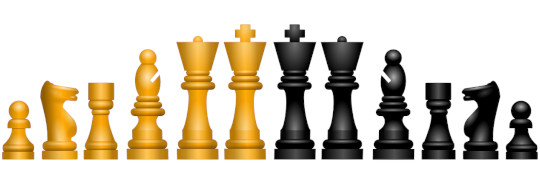Mark Twain? Josh Billings? Henry Wheeler Shaw? Anonymous?
Question for Quote Investigator: Writing well requires the selection of properly expressive words. There is an enormous difference between selecting ‘lightning bug’ versus ‘lightning’. Apparently, Mark Twain said something similar to this, but I was surprised to discover that Twain credited his friend Josh Billings with crafting the wordplay of this remark. Would you please explore this topic?
Reply from Quote Investigator: In the 1880s George Bainton contacted numerous successful authors requesting advice for beginning writers about effective work methods. Mark Twain sent a reply in 1888 that appeared in the resultant compilation titled “The Art of Authorship” in 1890.
Twain used the pronoun “he” while referring to himself as a neophyte author within his description of the writing process. Twain stated that he preferred short sentences:1
Unconsciously he accustoms himself to writing short sentences as a rule. At times he may indulge himself with a long one, but he will make sure that there are no folds in it, no vaguenesses, no parenthetical interruptions of its view as a whole.
Twain presented a vividly comical contrast while discussing word selection. Boldface added to excerpts by QI:2
Well, also he will notice in the course of time, as his reading goes on, that the difference between the almost right word and the right word is really a large matter—’tis the difference between the lightning-bug and the lightning.
Yet, Twain willingly acknowledged that a comparable joke had been made by his friend and fellow humorist Josh Billings (pen name of Henry Wheeler Shaw) a couple decades earlier.
In 1869 several U.S. newspapers published a collection of sayings from Billings which included the following four items. Billings employed nonstandard spelling:3
The greater the man, the less his virteus appear, and the larger hiz faults.
The man who hain’t got an enemy, iz really poor.
Don’t mistake vivacity for wit, thare iz just az mutch difference az thare iz between lightning and a lightning bug.
No man ever yet undertook tew alter his natur by substituting sum invenshun ov his own, but what made a botch job ov it.
Here is Billings’ wordplay quip in standard spelling:
Don’t mistake vivacity for wit, there is just as much difference as there is between lightning and a lightning bug.
Below are additional selected citations in chronological order.
Continue reading “Quote Origin: The Difference Between the Almost Right Word and the Right Word Is Really a Large Matter—’Tis the Difference Between the Lightning Bug and the Lightning”








